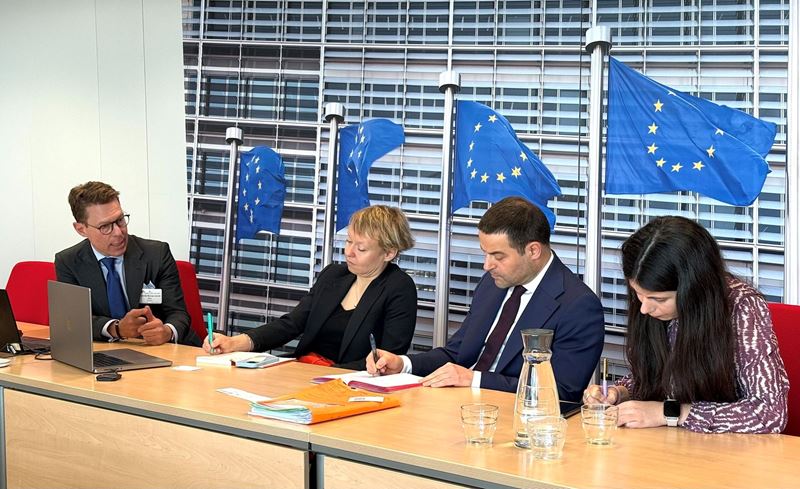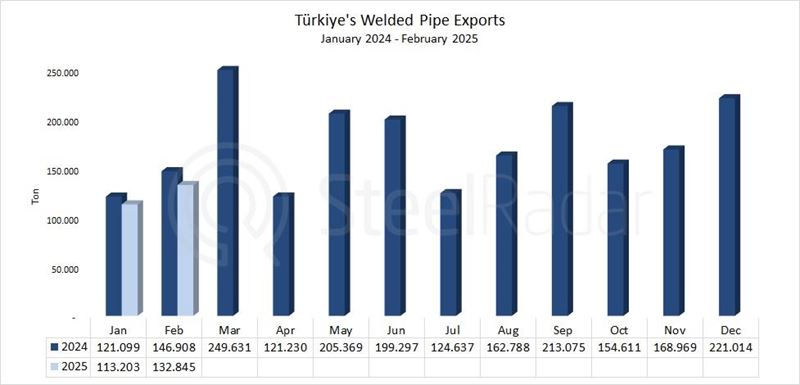Habeck, in an effort to overcome the so-called "debt brake", reportedly proposed the establishment of a multi-billion dollar "Deutschlandfonds" (Germany Fund) that will focus particularly on small and medium-sized enterprises, large companies, and newly established companies. He also suggested providing a "non-bureaucratic" investment premium of 10% to all companies. According to the Minister's proposal, this measure should be limited to five years.
Investment incentive is expected to be deducted from the company's tax liabilities.
German Finance Minister Christian Lindner stated that experts from his ministry will analyze whether Habeck's proposal is viable, while at the same time emphasizing that compliance with EU fiscal rules and European state aid rules is mandatory and verifiable before the proposal can be discussed.
German media reports that there are divided opinions among politicians and economists on Habeck's proposal.
Habeck's proposed investment fund and non-bureaucratic investment premium are considered an important step for Germany's goal of a climate-neutral future. However, it is stated that the realization of large investments requires being in harmony with Germany's current budget policies and the financial regulations of the European Union.
Finance Minister Christian Lindner emphasized that the feasibility of the proposal should be examined not only from an economic perspective, but also from a legal perspective. While it is stated that there are different views among politicians and economists about the proposal, it is anticipated that this issue will continue to be discussed in the future. Establishing a balance between climate goals and economic sustainability is a major challenge for Germany, and successfully managing this process is critical for both the country's economy and environmental goals.









Comments
No comment yet.